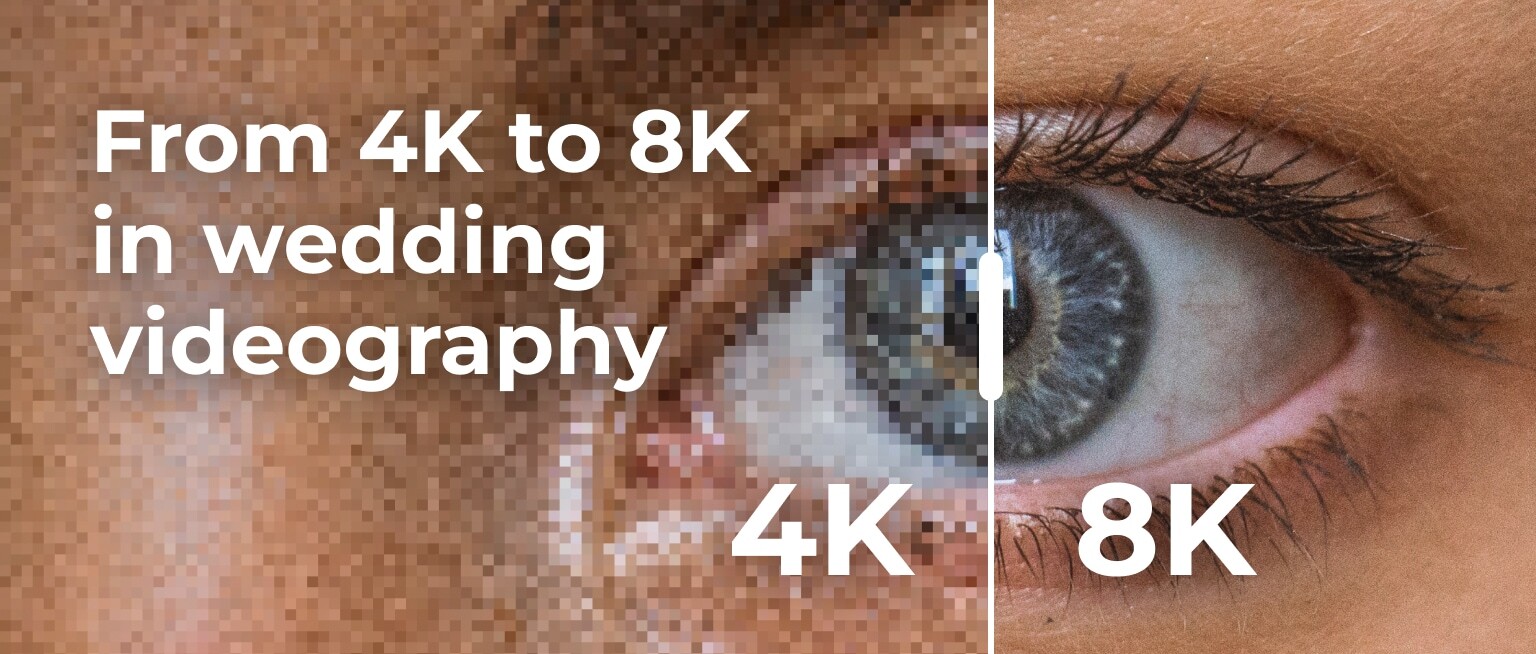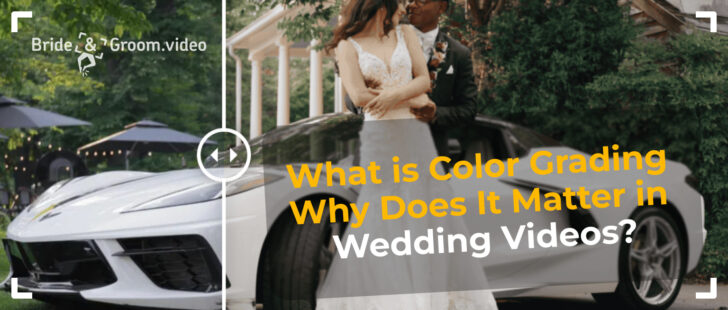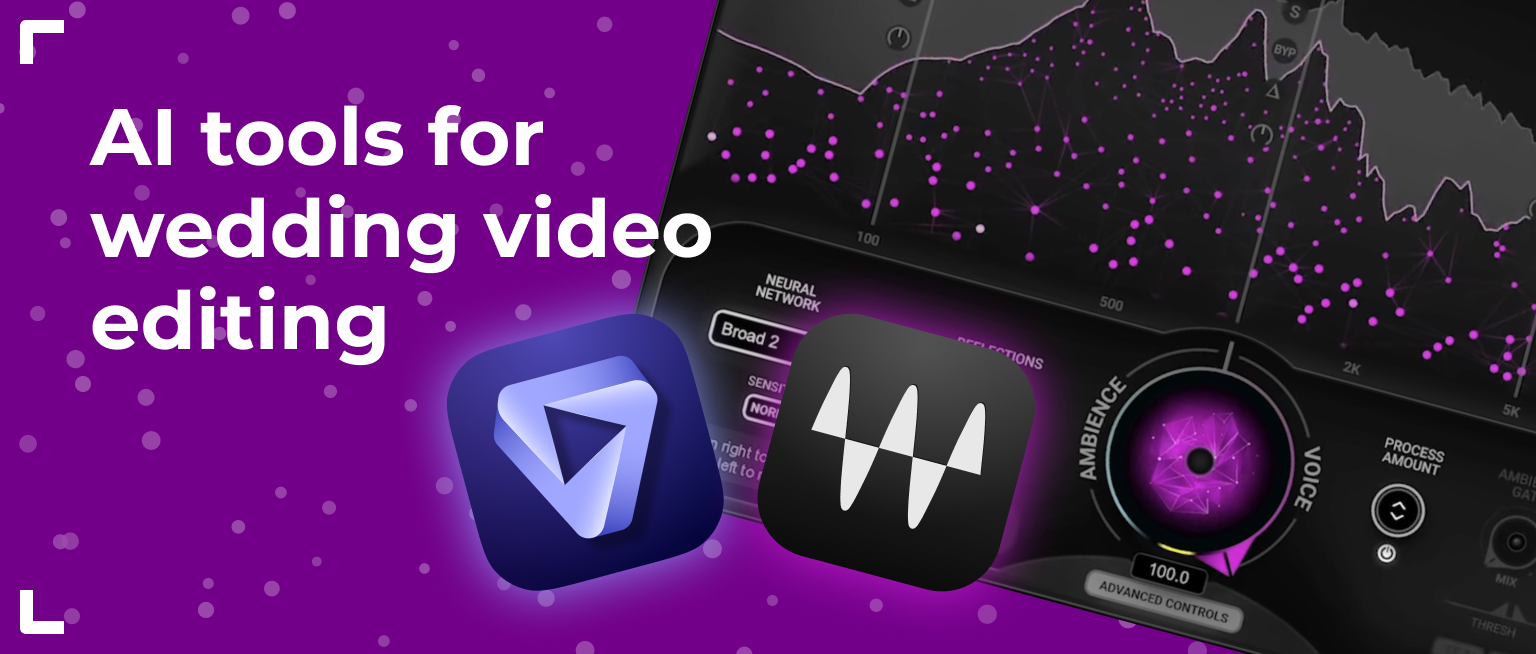Wedding videography has come a long way in recent years, from the early days of standard definition footage to the introduction of high definition 1080p video and, later, the stunning clarity of 4K resolution. However, the latest and greatest development in the world of video is the arrival of 8K resolution. Whether you’re a seasoned pro or just starting out in the industry, understanding the power and potential of 8K resolution is essential for staying at the forefront of this exciting field.
In this post, we’ll explore what 8K is and how to switch to this resolution with and without changing your gear.
Step into the future with Bride&Groom.video already today
The benefits of shooting in 8K are undeniable, from capturing more detail and allowing for greater flexibility in post-production to future-proofing your content for emerging technologies.
As we can see, wedding video recording in 4K is now the norm. But what is 8K video and how does it differ from 4K? Simply put, 8K resolution is four times higher than 4K UHD and 16 times higher than Full HD.

The higher the resolution, the more pixels fit on the screen size, increasing their density and making the image sharper and more realistic. This megapixel resolution provides a more immersive viewing experience, drawing the viewer into the action on the screen.
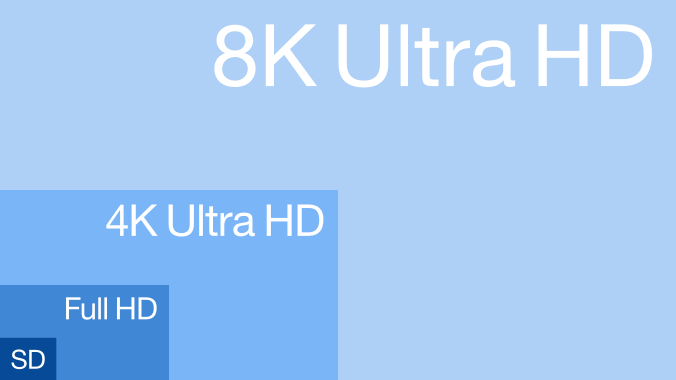
With each passing year, there are more opportunities to create a Hollywood-style picture. And this can be a key factor in capturing beautiful weddings. Of course, cameras that shoot in 4K provide high-quality images, but sooner or later, there will be new trends, and Bride&Groom are ready for them already now!
- The first thing we do is use professional editing software for weddings, such as DaVinci Resolve, which is considered the best for color correction.
- If we see that the program can’t handle high bitrate performance, we use 10-bit proxies.
- Even if you shoot in 4K, we’re ready to upscale your footage to 8K using our AI tools. AI work looks amazing! You can see it in action in the showreel below.
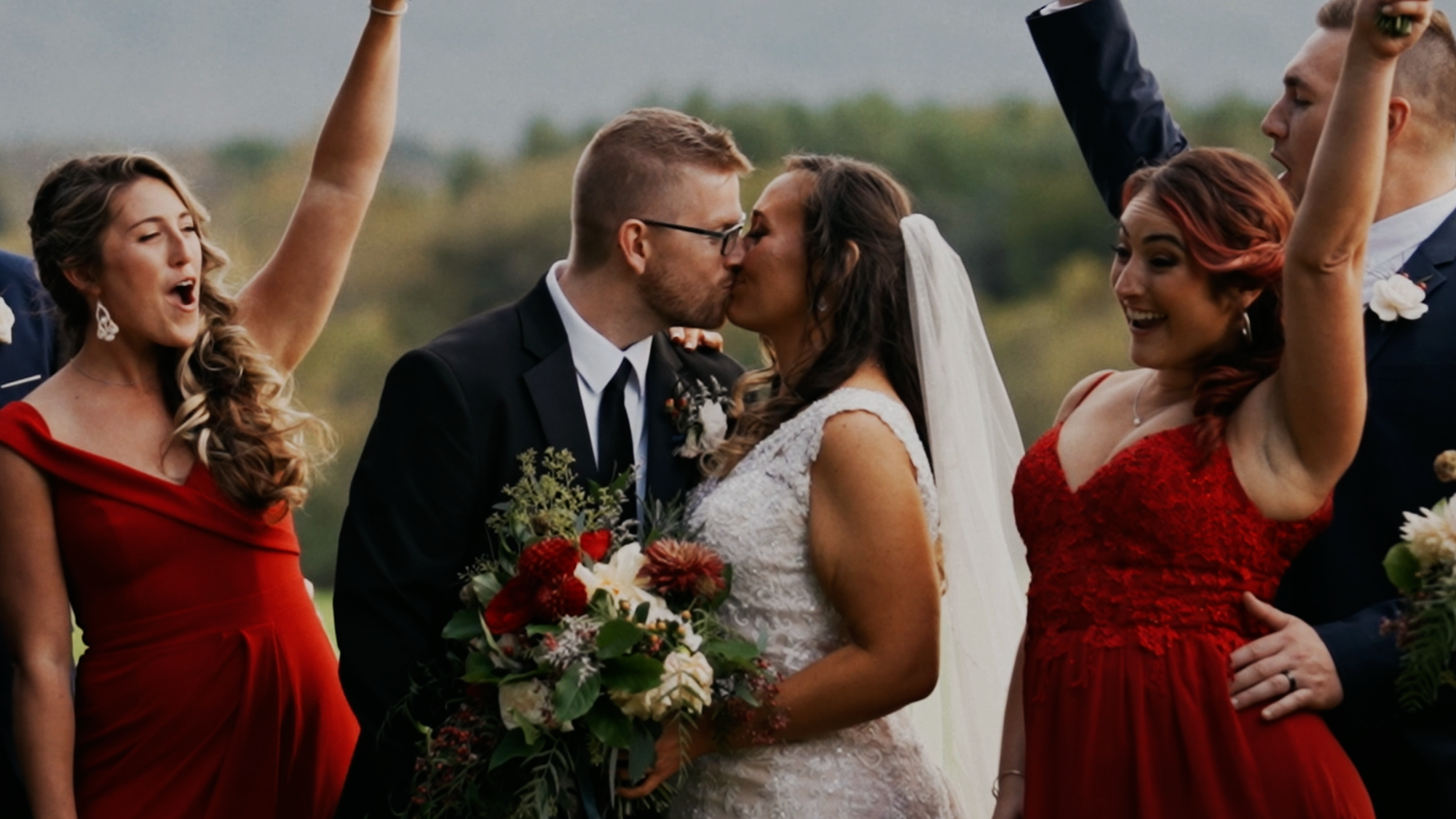
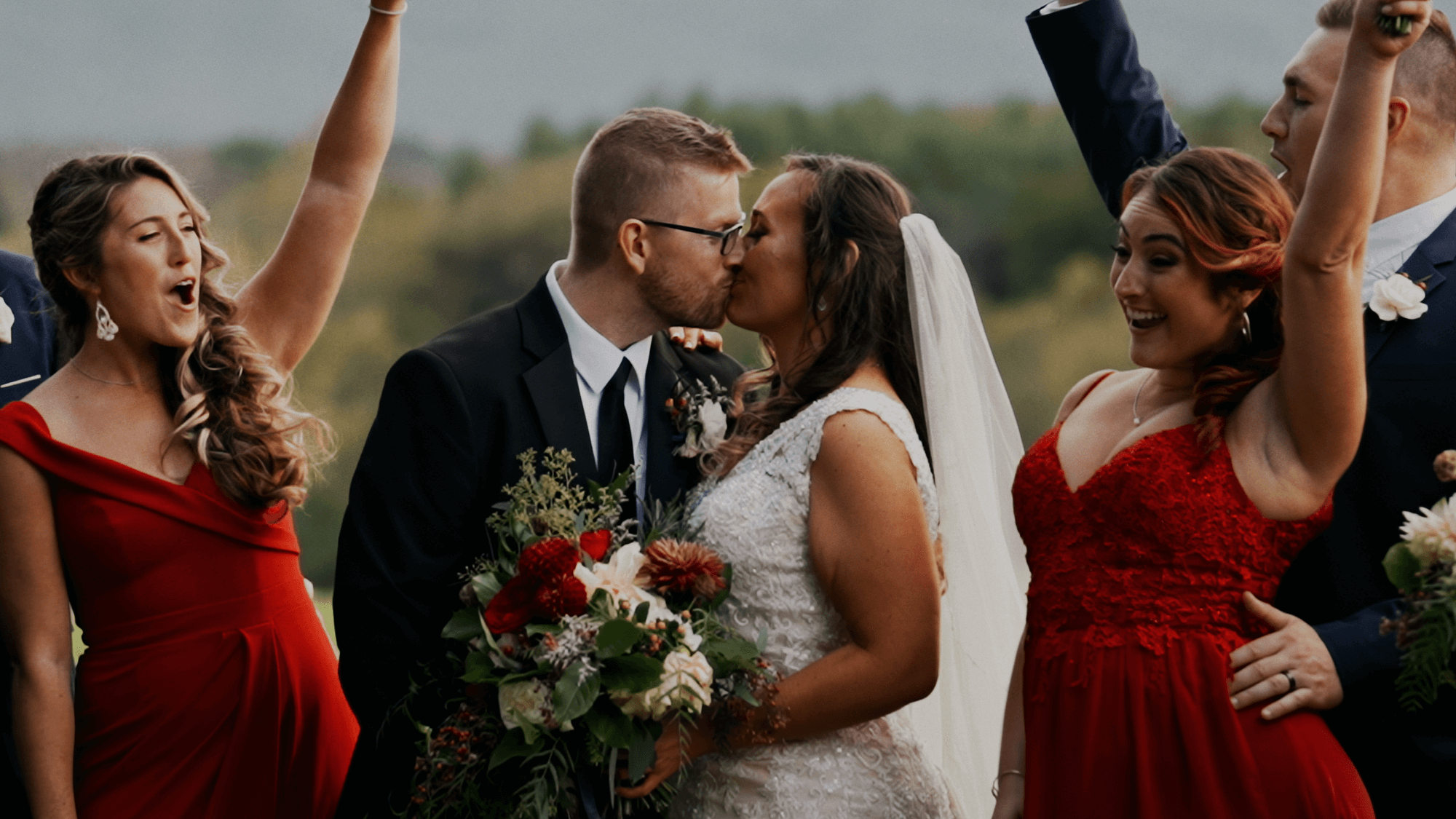
The screenshots show the main difference – 8K image have more sharpness, and the details of people’s faces are more distinct, which gives a significant advantage.
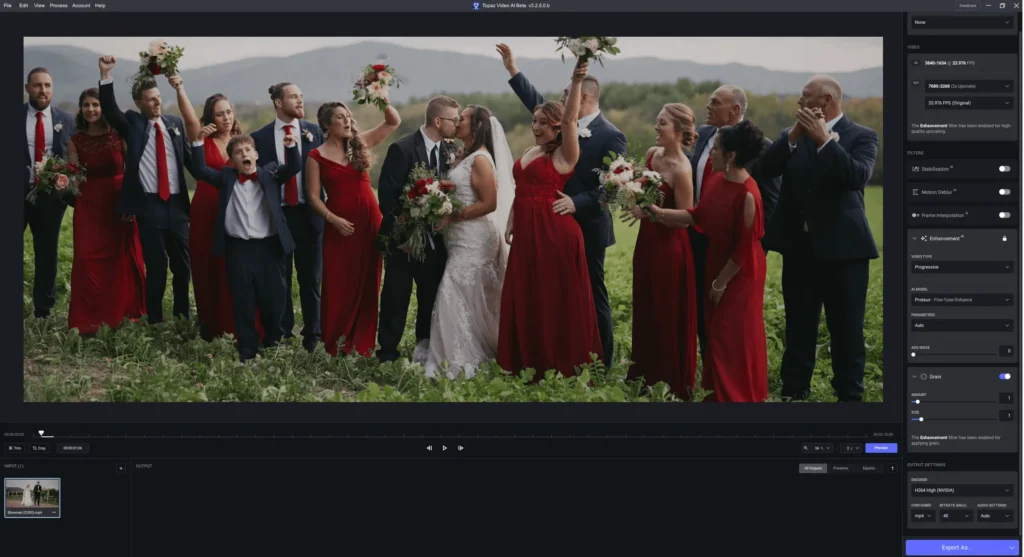
It is also worth noting that AI allows us to add the Grain effect. Grain prevents the image from being too smooth and can give a cinematic look, like on film cameras.
You can try new gear
Previously, only the film industry used 8K filming with such cameras as RED, ARRI, and others. And the quality is phenomenal. However, when we look at the prices (starting at $15,000 and higher in 2023, not including lenses and additional equipment necessary for filming), we understand that they are not suitable for most weddings, or they must be rented for each shoot, which can be quite expensive as well.
There are several more budget-friendly options available, such as Blackmagic URSA Mini Pro 12K, RED KOMODO, and so on. Are these cameras good for weddings? It all depends on your vision of the filming process and post-production. But as our experience shows, most video operators prefer cameras with autofocus.
What autofocus solutions are available on the market? Since 2021, many companies have introduced and continue to offer cameras that shoot in 8K up to 30 fps, such as Sony a1, Nikon Z9, Canon EOS R5 C, and others. Their prices start at $4,500.
Are there cameras that shoot in resolutions higher than 4K and cost less than $4000? Absolutely! For example, Fujifilm X-H2 shoots in 8K and costs $1999! And if we look at the 6K format, we can also mention the Blackmagic Pocket Cinema Camera 6K and 6K Pro, priced at $1995 and $2535, respectively.
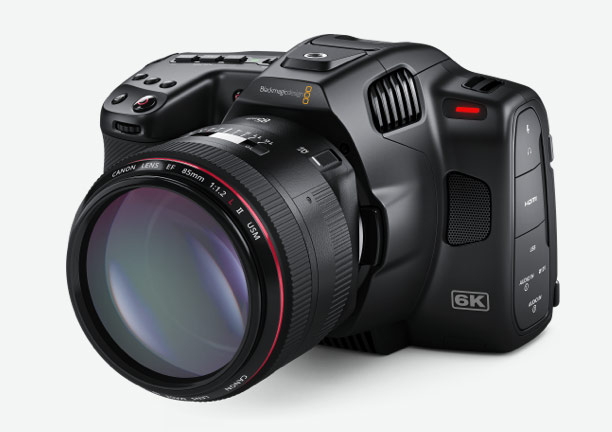
We’re not considering all existing cameras but giving examples of the modern camera market and what it is telling us if you want to change your gear.
Final words
The world of cinematography is constantly evolving, and 8K video resolution is the new frontier in terms of resolution and image quality. Whether you decide to upgrade your equipment or use our help to upscale your 4K video, you will definitely elevate your work to the next level. Let’s take the first steps toward the future already today and start making wedding films look like Hollywood blockbusters! Contact us, and we will take care of editing your 8k videos.
FAQs
8K resolution is a video display format that offers approximately 8000 pixels of horizontal resolution, sixteen times that of 1080p resolution. It provides extremely sharp and detailed images but requires high-performance computing power to display and process.
The main difference between 4K and 8K formats is their resolution. 4K (Ultra-High Definition, or UHD) offers approximately 4000 pixels of horizontal resolution, while 8K (Super-High Definition, or SHD) offers approximately 8000 pixels. This means that 8K displays have four times as many pixels as 4K displays.
The minute-long size of an 8K video can fluctuate depending on different aspects, including compression, bitrate, and codec employed. Nevertheless, as an approximation, assuming a 100 Mbps bitrate, an 8K video capturing 30 shots per second could consume around 7.5 GB of storage capacity per minute. In contrast, an 8K video capturing 60 frames per second with an identical bitrate could take up around 15 GB of storage per minute.
8K video is already being used in certain industries, such as professional film and TV production, but its widespread adoption by consumers is still in its early stages due to the high cost of compatible devices and limited availability of 8K content. In the wedding industry, 8k is starting to be used more and more often, thanks to new AI technologies that allow for improving footage after shooting.
The best video resolution standards for wedding videos depend on various factors such as the intended use, budget, and equipment. In general, a resolution of at least 1080p (Full HD) is recommended for capturing and editing wedding videos. However, the most popular format at the moment is 4K. In addition, you can order AI resolution upscaling services and significantly improve the quality of your footage.
